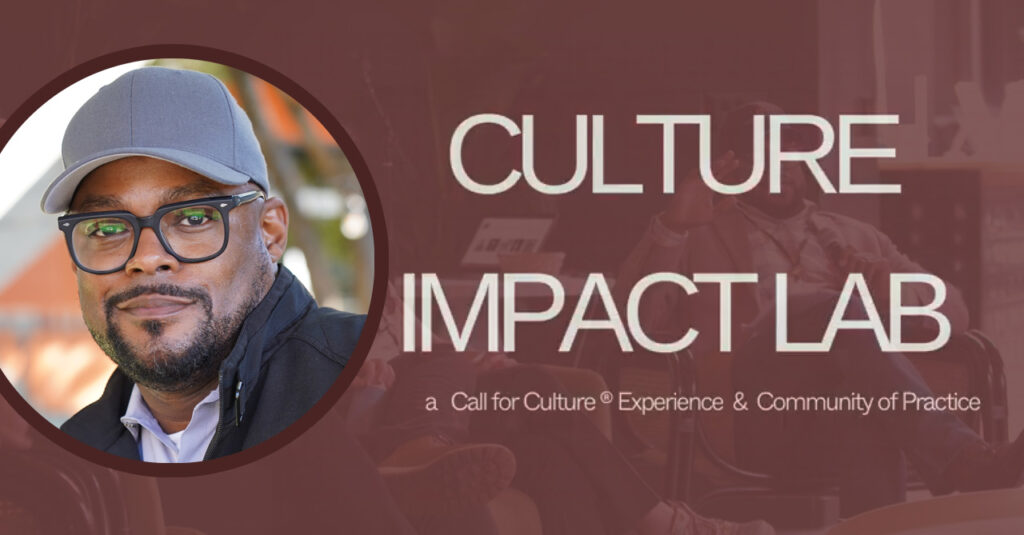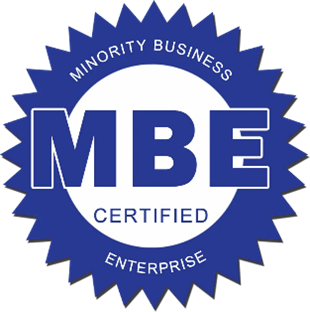Call for Culture - Culture Impact Lab
A Tale of Two Realities: A Dual Approach to Culture Change
May 15th 2024
Organizational culture change is one of the most challenging yet crucial endeavors any business can undertake. In a recent Culture Impact Lab at Call for Culture conference , Dr. Donte Vaughn, along with a panel of experienced leaders, delved deep into the intricacies of this process, offering valuable insights and practical advice on how to successfully navigate cultural transformation within an organization.
The Importance of Individual Buy-In
Dr. Donte Vaughn emphasized that successful organizational change starts at the individual level. He pointed out that without securing individual buy-in and alignment, any attempt at broader cultural change is likely to struggle. Vaughn stated,
"If we don't establish the level of buy-in and alignment with the individual, then we're going to struggle."
Dr. Donte Vaughn.
This notion underscores the need for leaders to meet people where they understand their unique perspectives and lived experiences. Culture, after all, is a collective of individuals working together towards a common goal. One panelist highlighted this by saying, “Culture is a group of individuals making up something bigger than themselves.”
Leadership with Vulnerability and Empathy
The discussion also focused on the role of leadership in driving culture change. Vaughn and the panelists emphasized the need for leaders to lead with vulnerability, empathy, and authenticity. This approach not only fosters connection but also helps in addressing resistance to change. Vaughn urged leaders to
"show up for ourselves with the level of intentionality and authenticity because we're trying to bridge disconnects organizationally."
Dr. Donte Vaughn.
A key takeaway was that leaders must be self-aware, recognizing their biases and fears and how these might affect their leadership. One panelist wisely noted that “Understanding our barriers and biases amid the change process” is critical to leading effectively.
Operationalizing Culture Change
Moving beyond the abstract, the panel discussed the practical steps required to operationalize culture change. Vaughn highlighted the necessity of clear visions, standards, and systems to support the change process. He stated,
"We get out of just ideation and into action—operationalizing the change."
Dr. Donte Vaughn.
The panelists shared their experiences of shifting from a survival mindset to a growth-oriented approach, acknowledging that this transition is often uncomfortable but necessary for sustainable growth. They also discussed the importance of transparency and consistent communication in reinforcing the new culture.
Overcoming Barriers
Of course, no discussion on culture change would be complete without addressing the barriers that inevitably arise. Dr. Vaughn encouraged leaders to be proactive in identifying and addressing these obstacles. He stressed the importance of empathy and strategic dialogue, advising,
"Let me just start with the conversation around seeking to understand. Now I'm unpacking as I engage with you in dialogue where you may be relative to what I believe to be important."
Dr. Donte Vaughn.
The panel also touched on the difficult but sometimes necessary step of coaching out individuals who do not align with the desired culture. This requires honesty, respect, and a focus on the broader impact on the organization.
Assessing Psychological Readiness
Another critical aspect discussed was the concept of psychological change readiness. Vaughn highlighted three key components to assess: whether the change is deemed necessary, whether it is deemed feasible, and whether the organization has the resources to implement it. These factors are essential in determining whether the organization is ready for the cultural shift.
Final Thoughts
Dr. Donte Vaughn and the panel offered a wealth of knowledge on the complexities of culture change. Their insights underscore that while the process is challenging, it is also deeply rewarding when approached with the right mindset and strategies. As Vaughn aptly summarized, “We have to practice what we preach. The individual work we’re discussing is essential to bridging organizational disconnects and driving successful culture change.”
By focusing on individual buy-in, leading with empathy, operationalizing change, and overcoming barriers with strategic intent, leaders can navigate the complexities of cultural transformation and set their organizations on a path to sustained success.






